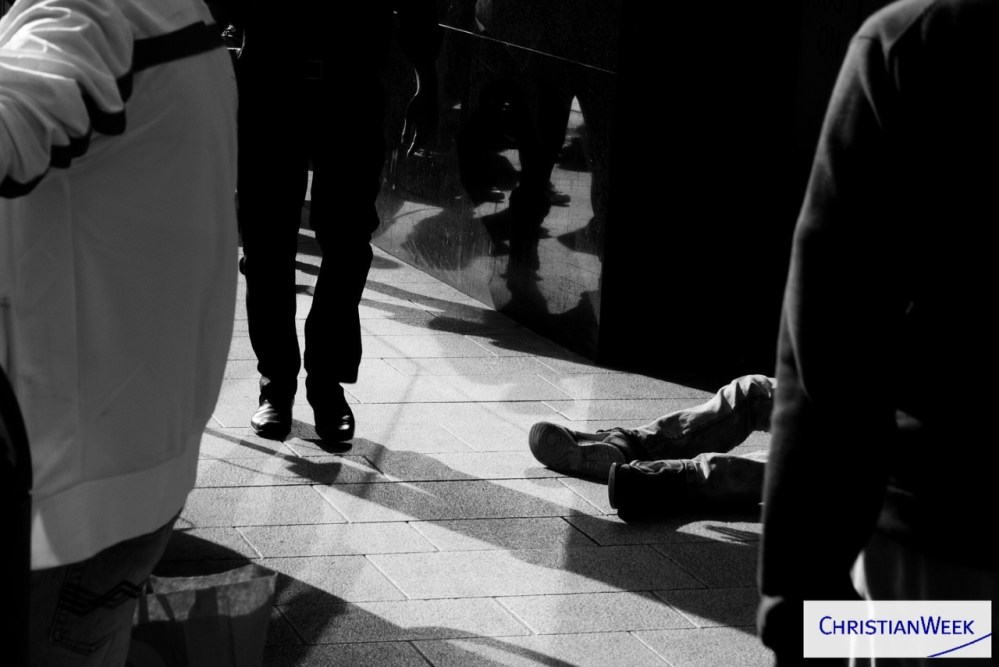He has shown you, O mortal, what is good.
And what does the Lord require of you?
To act justly and to love mercy
and to walk humbly with your God. (Micah 6:8)
The prophet Micah did not say that what the Lord requires of us is to dress up in our best clothes, head out to church every Sunday morning, sing some songs, clap our hands, listen to a sermon, and drink a cup of coffee in the lobby afterwards with the other people in the congregation who look and think just like us.
What he said was that the Lord requires of us to “act justly, love mercy, and walk humbly” with Him. And, that is so very much more difficult to do.
So why is my column called From Charity to Justice? Well, as I could not possibly articulate my thoughts on this topic anywhere close to as well as Dave Diewert, I will quote from his paper entitled Living Justly.
Justice is not the same thing as charity. Charity can be practiced while structures of inequality are maintained; in fact, charity is dependent on such inequality for its very existence. Charity is a way to manage social problems without a necessary commitment or strategy to eradicate them.
“Giving to” and “doing for” the poor or the homeless may make us feel better, but it does not address the social, political and economic structures of inequality and exclusion that render people poor and homeless and keep them in that state of deprivation.
I believe in the Church. But I do have some critical things to say about it. So before I go on, I want to say that I am a part of the Church. So when I speak of the Church, I include myself as much as anyone else.
I believe that if we, the Church, actually believed in a God that is bigger than homelessness, bigger than addiction, bigger than mental health issues, bigger than hunger and cancer and environmental decay and any number of other social woes of our day, that we could affect social change. If we really honestly believed those things and trusted God, we could see justice.
However, back to Diewert, we have this scenario instead:
“Well-stocked and smoothly operating food banks or safe and secure overnight shelter programs are usually touted as signs of a caring society rather than as clear signifiers of our failure to establish true justice.” (Living Justly)
Is charity bad? Absolutely not! There are lots of hungry people out there who need food today and we need to have food banks in order to see that everyone gets fed. There are thousands of men, women and children with no place to sleep tonight so we must open shelters.
But while we do charity, we have to start thinking about and addressing the systemic issues as to why there are so many people hungry and homeless in an affluent country like Canada in the first place.
So how do we heed the words of the prophet Micah? I’ll end with one last quote from Diewert:
“To live justly is to engage in the work necessary to establish and maintain just social, political and economic arrangements for the well-being of everyone, especially the weak and vulnerable.”
Where do we start? On our knees.

